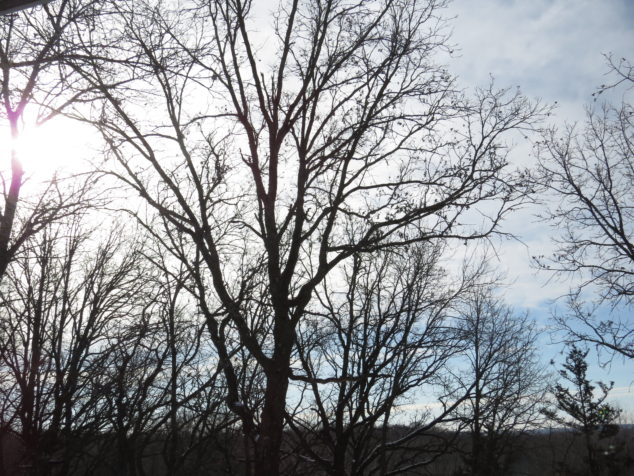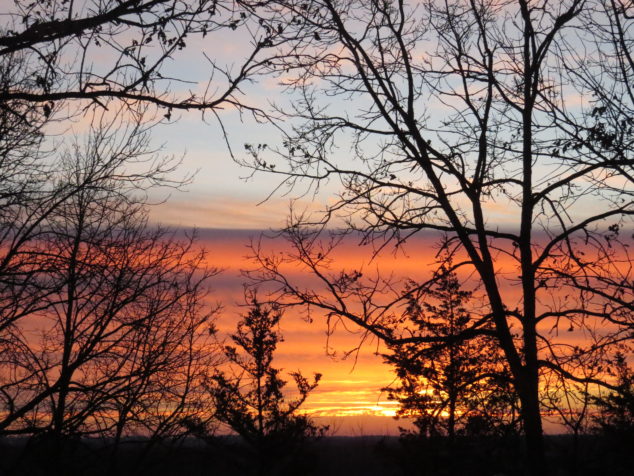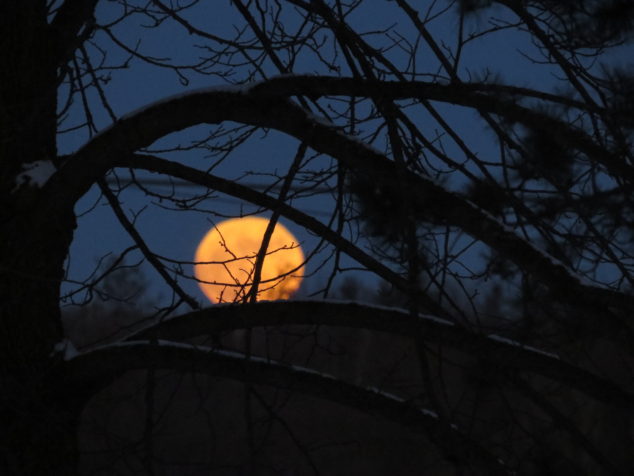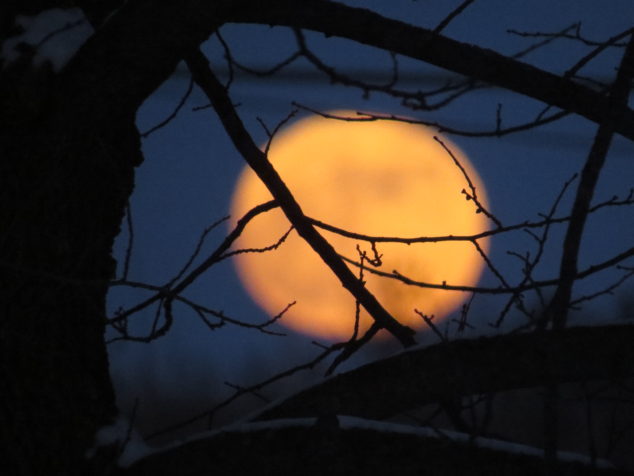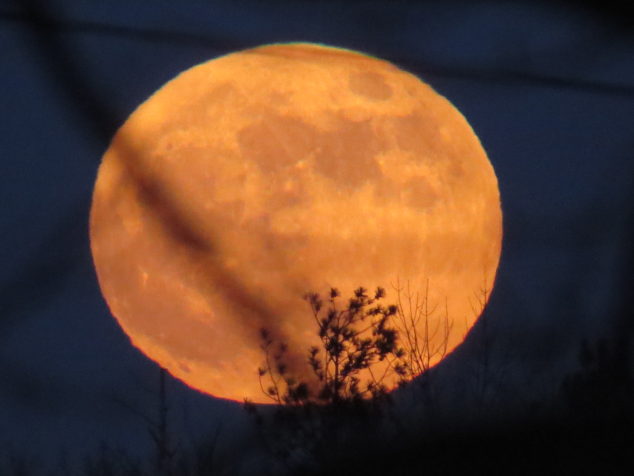Twenty-one days. How have you spent the last twenty-one days? What has been your default setting for those days? In the calendar year, the three weeks around Christmas and New Year’s are usually not the normal way we spend the rest of the year. Busyness, traveling, shopping, concerts, parties, baking, cooking, wrapping, decorating. What is your default setting when things are crazy busy? Are you happy, grumpy, a recluse, a shining star? What is the essence of you?
This time of year has always been a joy for Chris and I—the kids were all born within these weeks, so we celebrate three birthdays and Christmas in two weeks’ time; add two more weeks and throw in New Year’s Day and Chris’ birthday! A time for celebration! Not all years have been a joyous celebration—my Dad died two days after Christmas two years ago, my horse of twenty-one years died on New Year’s Eve many years ago, and last Christmas, Chris and I dined alone and didn’t see our kids. Sadness intertwines with joy. This year, we are fortunate to have Emily with us for twenty-one days—definite Joy! Aaron joined us for Christmas and New Year’s—Happiness! Anna wasn’t able to be with us—Longing and Sadness. All mixed together in this holiday season. With Emily here, this darling child of mine, I realized that my default setting was to “be” with her—no distractions of phones or computers. Social media is a great tool when you are far from your loved ones and friends, but I had no desire to spend time on Facebook when Emily was sitting across the table from me. Of course I’m grateful for the web and Facebook to circulate my posts and keep in touch with friends, and I purposefully checked in with my weekly posts, but I am evermore so grateful to have our grown children spend time with us.
What is Nature’s default setting at this time of year? Our northern winter sun rises, peaks, and sets in a low arch in the southern sky. This photo was taken a little after 1:00 pm on January 5th with the sun low on the horizon. The sunrise that day was 7:58 am CST, and sunset was at 4:50 pm—a short day of light.
Nature’s automatic course of action of sunrises and sunsets determined by the tilt and rotation of the Earth in relation to the Sun happens no matter what else is going on—we can rely on it and enjoy its beauty.
Another of Nature’s default settings is the constancy and reliability of the Moon and its phases. The New Year began with the rising of the full moon, traditionally called the Full Wolf Moon in the Northern Hemisphere according to The Old Farmer’s Almanac.
The close-to-Earth supermoon looked huge and orange as it rose in the below zero temperatures of New Year’s Day.
The second full moon of the month—a Blue Moon and another supermoon—will rise on the 31st of January and brings the only eclipse of the year for North America.
The constancy and reliability of the sunrises, sunsets, and moon phases are default settings in Nature that we often just take for granted. This automatic course of action affects the very intricacies of our lives—our sleep/wake cycle, the tides of the oceans, the production of blooms and fruit in plants, and reproduction in animals. When we look at our own default settings, we can see that they too affect so many aspects of our lives—relationships, health, outlook, education, and our environment. The things that happen around us are all mixed together in a milieu of self and other, of desire and fate, of purpose and happenstance. We can examine our default settings—those ways in which we automatically act and react—and we can ask ourselves if they truly represent the essence of ourselves. If not, we can override that automatic course of action and change the default setting. Overriding the default settings of our lives is not an easy task—it takes courage, love, time, education, and often many attempts—but it is worth it when you find something in yourself that you can rely on and at the same time, enjoy its beauty.
